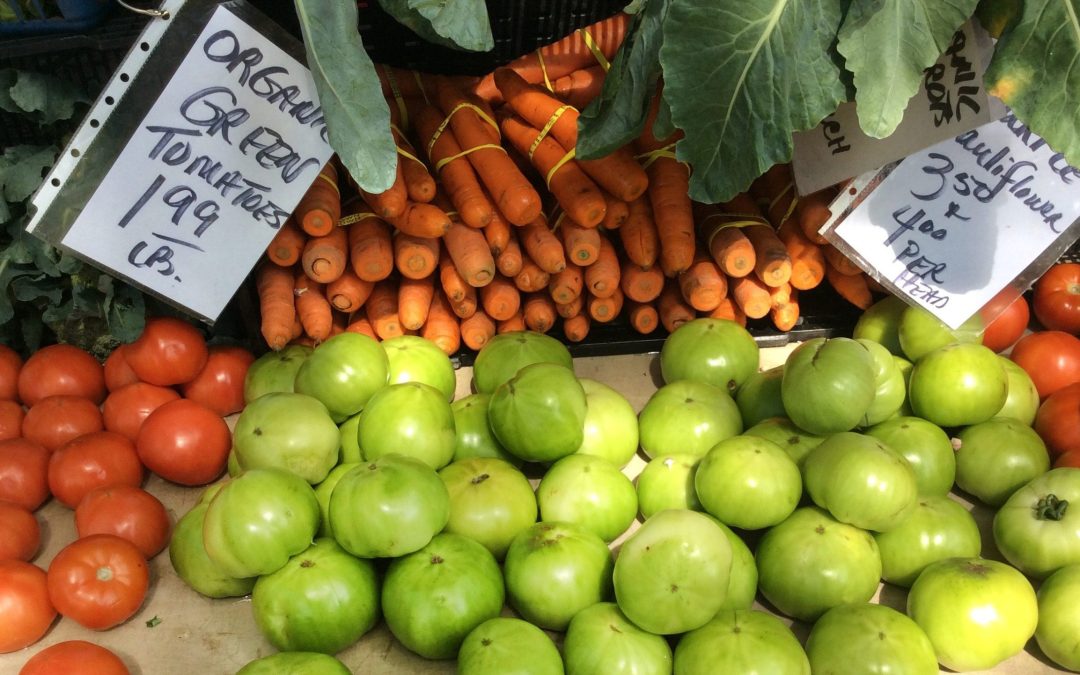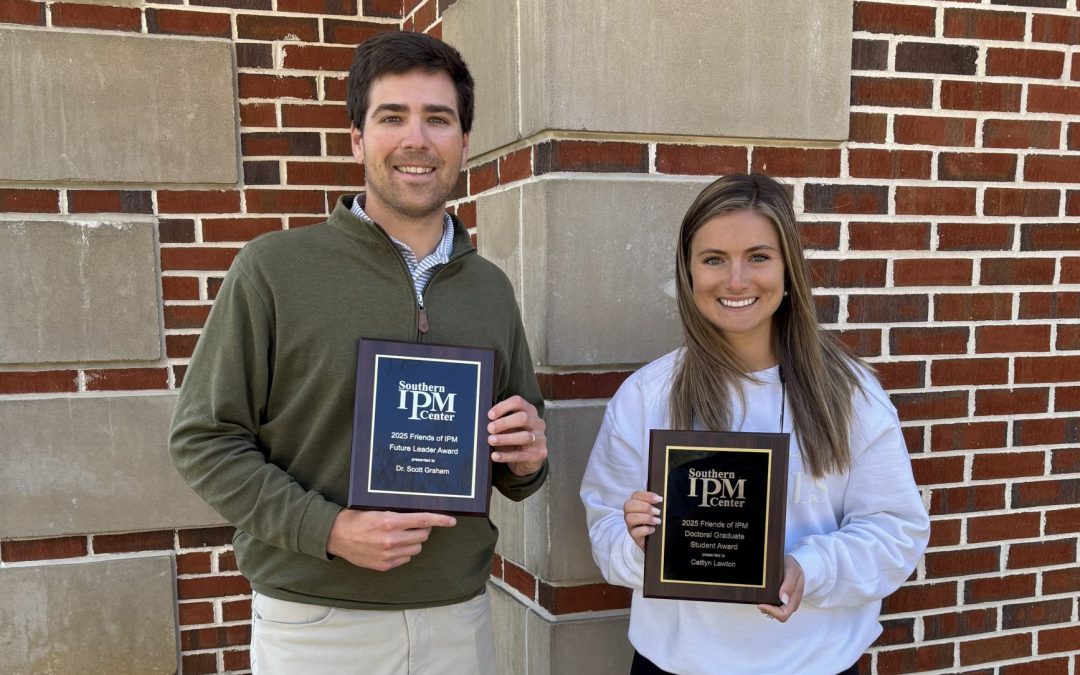By Office of Agricultural Communications and Marketing / May 27, 2020 11:21:05 AM
In early March, when the COVID-19 pandemic hit Alabama, the Alabama Cooperative Extension System, like Auburn University and other agencies and businesses, transitioned to an alternative work environment. All extension staff continued their work from home.
Looking back, it’s clear that an amazing thing happened during this time. Working under the constraints of social distancing, extension staff transitioned almost flawlessly to digital teaching.
“Strategic decisions and investments over time gave us a solid foundation to respond to the pandemic,” said Gary Lemme, director of the Alabama Cooperative Extension System. “Our staff created webinars, videos and social media to address local needs. The results were stunning.”
Videos produced in the field jumped from fewer than a dozen per year to 30 per week. The ongoing production of learning materials and digital technical publications increased by 30 percent in just one month. Traffic to the Alabama Extension website jumped by 20,000 visitors per month. Virtual farm tours, weekly webinars and virtual 4-H activities became the hallmark of Alabama Extension.
This period was a time of incredible innovation and creativity. To stay organized, Alabama Extension created a directory of its social media platforms, which include 137 Facebook pages for state programs, county extension offices and 4-H programs.
“While this may seem like a lot, it reflects how Alabama communicates: at the local level,” Lemme said. “We’ve responded to rapidly emerging needs with new extension programs. One that I am particularly proud of is called Grow More, Give More.”
Bethany O’Rear, College of Agriculture alumna and regional extension agent out of the C. Beaty Hanna Horticulture and Environmental Center in Birmingham, said this program was created in response to the number of Alabamians sheltering in place who wanted to grow more of their own food during these unusual times. It launched May 11 following a large social media campaign preparing followers for the coming materials.
“This project was a collaborative effort between Alabama Extension agents and Extension Master Gardener volunteers as a direct response to the economic and health challenges that we are currently facing,” O’Rear said. “It was really two-fold. I started getting contacted by people in my local community saying, ‘I’ve never gardened before, but I would like to grow something. Can you help?’
“I also had a master gardener intern, Laura Kezar, who approached me about wanting to encourage gardeners to grow for those who cannot grow for themselves — whether their neighbors have limited physical capability, or for those folks who don’t have the finances right now to get started. So we put both of those concepts together.”
The “Grow More” portion describes the first part of the program, which provides a wealth of online information and resource from Alabama Extension, one-on-one assistance through Master Gardeners and helpful social media posts, according to Lemme.
O’Rear said the information is so in-depth, even an intermediate or master gardener might find something helpful on the website, www.aces.edu/go/growmore.
“The videos are broken down into subject matter,” she said. “So maybe you know everything you need to know about weed control, but you don’t know how to put in a drip irrigation system. That’s in there.”
The second portion of the program encourages gardeners to “Give More.” O’Rear is contacting food banks and pantries throughout the state to set up donation points for those who are able to grow more than they need. They’ve also teamed up with local nurseries and garden centers to raise awareness of the program and position themselves as an informational resource in communities.
Lemme said extension staff across the state distinguished themselves throughout this time by selflessly working to address community needs.
“For example, Lovie Parks worked tirelessly with community food banks to make sure her clients had enough to eat. Kent Stanford helped us all practice biosecurity with his admonition to ‘Go wash your nasty hands!’ There are so many extension stories to tell, and they all made our communities a better place during the hardest time of our generation,” he said.
“It’s clear that extension didn’t stop when the pandemic started. If anything, we worked harder,” Lemme said. “To our clients, we’re grateful to serve you. In good times and bad, we’re here to help.”





